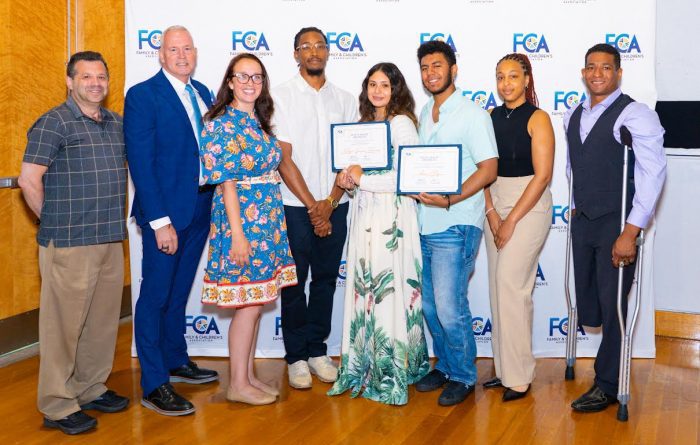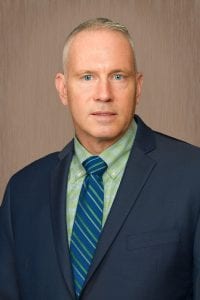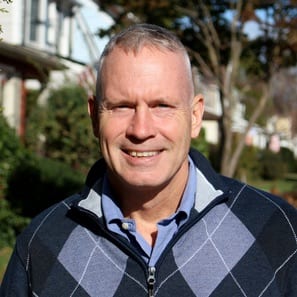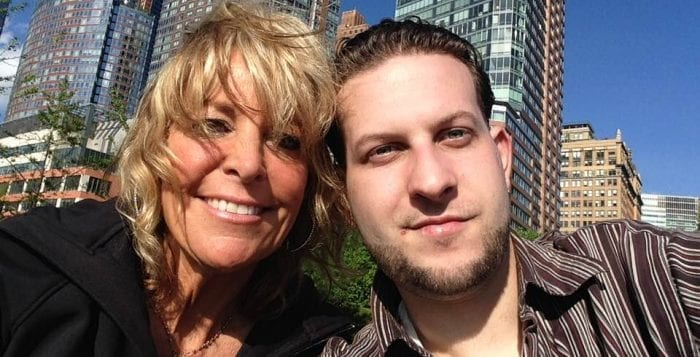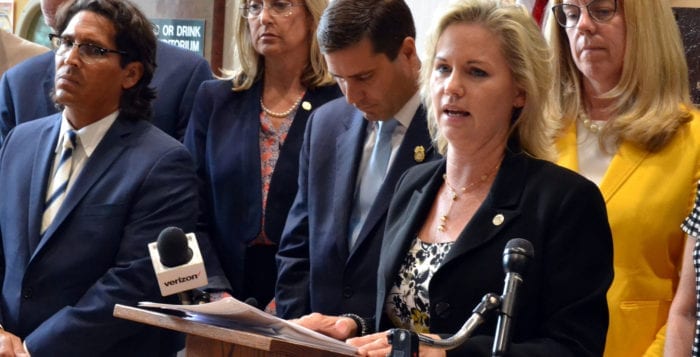Free Recovery Center Serves Long Island’s North and South Forks
Family and Children’s Association (FCA), one of Long Island’s leading human services agencies, wrapped up National Recovery Month by cutting the ribbon today on its THRIVE East End Recovery Center in Riverhead. The event was attended by FCA management, THRIVE staff and volunteers, its not-for-profit partners in recovery services, THRIVE clients, families and friends, and state and local government officials.
As Long Island’s first recovery community and outreach center, THRIVE has been helping individuals and families find, maintain and strengthen their recovery since 2017. To date, thanks to continued funding from NYS Office of Addiction Services and Supports (OASAS) and donors, THRIVE centers in Hauppauge, Westbury and the East End have served more than 30,000 people.
THRIVE East End, the first drug and alcohol recovery center to open in Eastern Suffolk (Westhampton 2021), relocated to Riverhead to provide a more centralized and larger space to serve the recovery community of the North and South Forks.
Providing support at every stage of recovery, THRIVE offers a safe, welcoming haven for substance-free recreational and social activities that provide a meaningful alternative to social activities that involve substance use. All programs are free of charge.
“The success of the THRIVE community continues to grow through word of mouth and from the incredible support of our partners,” said Dr. Jeffrey L. Reynolds, President and Chief Executive Officer of FCA. “We know the need is real – and we’re excited to launch this new, centrally located facility to better support the East End of Long Island.”
Joining Dr. Reynolds at the ribbon cutting were:
- Ryan Kiser, Director of Recovery Services, FCA;
- Kym Laube, Executive Director of HUGS Inc. (Human Understanding & Growth Services);
- Maureen Amy, THRIVE client speaker in recovery;
- Thalia Olaya, Suffolk County Regional Representative for Governor Kathy Hochul;
- John Bouvier, NYS Executive Chamber Regional Representative, Eastern Long Island, for Governor Kathy Hochul;
- Angela M. Noncarrow, District Office Director for Senator Anthony H. Palumbo;
- Edward P. Romaine, Suffolk County Executive;
- Denise Merrifield, Riverhead Town Councilwoman;
- Bob Kern, Riverhead Town Councilman;
- James M. Wooten, Riverhead Town Clerk;
- Jodi Giglio, New York State Assembly, 2nd District.
In conclusion, Dr. Reynolds added, We support individuals on their recovery journey by helping them sustain their progress and enhance their overall well-being. Together, we’re committed to ending epidemics.”
THRIVE East End is located at 680 Elton Street, Riverhead, NY. For more information visit www.fcali.org.


